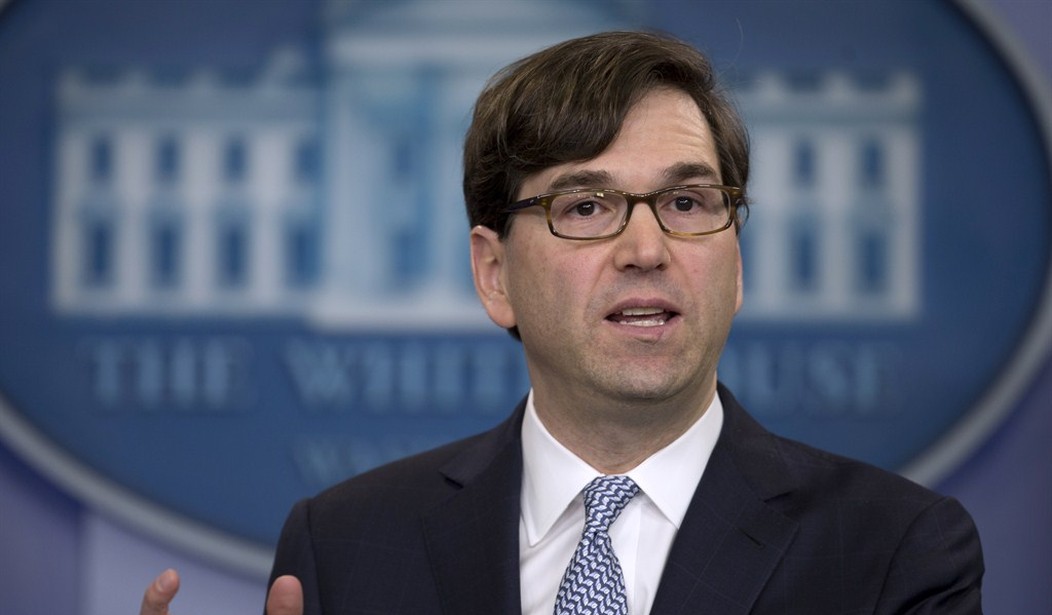As Allahpundit pointed out earlier, Paul Begala is now on record saying President Biden’s college debt forgiveness plan is a “terrible idea.” Begala’s reasons for disliking the plan fit into two categories. First, politically it was harming Democratic candidates in close races. And second, ideologically he saw it as a bad fit for a party ostensibly concerned about helping the poor and underprivileged.
Last Friday the Atlantic published an interview with Jason Furman, the Harvard economist who was formerly the chair of Obama’s Council of Economic Advisors. Furman’s objections also start with the idea that this plan benefits a lot of well-off people at the expense of everyone else.
With any public policy, you need to analyze the trade-offs. You can’t just say, “This person gets this, and therefore it’s good.” It’s always better for someone to get something rather than nothing. But that’s not how it works.
If you’re giving $500 billion to one group, where’s that money coming from? One possibility is that the economy grows much more quickly, and so spending that money doesn’t hurt anyone. I think that’s extremely unlikely, given the highly constrained state we are in. And so I think most of that $500 billion that one group is getting is coming at the expense of everyone else.
…we’re giving couples making up to $250,000, which is a lot of money, up to $40,000.
Furman also notes that this plan is definitely inflationary given that the economy is already unable to keep up with the amount of money circulating.
One group is getting $500 billion. And they’re going to spend more. They’re going to buy more housing. They’re going to be better off. The problem is that the economy is already producing the most it possibly can. If anything, the Fed wants it to produce less, not more. What will happen is that they will spend more and it will drive up the price of houses and everything else. Due to that inflation, every household will end up spending $200 more a year on what they need.
There isn’t free money out there. There are consequences. Once you frame it as 320 million people paying for a benefit for 30 million people, it makes you think a lot harder. You’re giving a benefit to someone making $200,000 a year. How important is it to give them relief?
Furman also said the debt forgiveness plan was likely to create bad incentives for schools, who will be likely to raise prices in the expectation that this sort of debt forgiveness will happen again. If that happens then this move is actually making it harder for future students to go to school.
Finally, Furman ended the interview by pointing to the level of heat surrounding it.
I will say, of all the policy issues I’ve ever discussed, the level of vitriol directed against anyone who disagrees [with the debt-relief plan] is incredibly high. There is something that is so emotive for people. It has made it harder for analytic people to enter the conversation. And I think the odds of bad unintended consequences, imposed on people paying for the policy now or imposed on students in the future, have gone up a lot.
This is pretty much what I’m seeing on Twitter. The left is not interested in debating the wisdom of this plan.







Join the conversation as a VIP Member